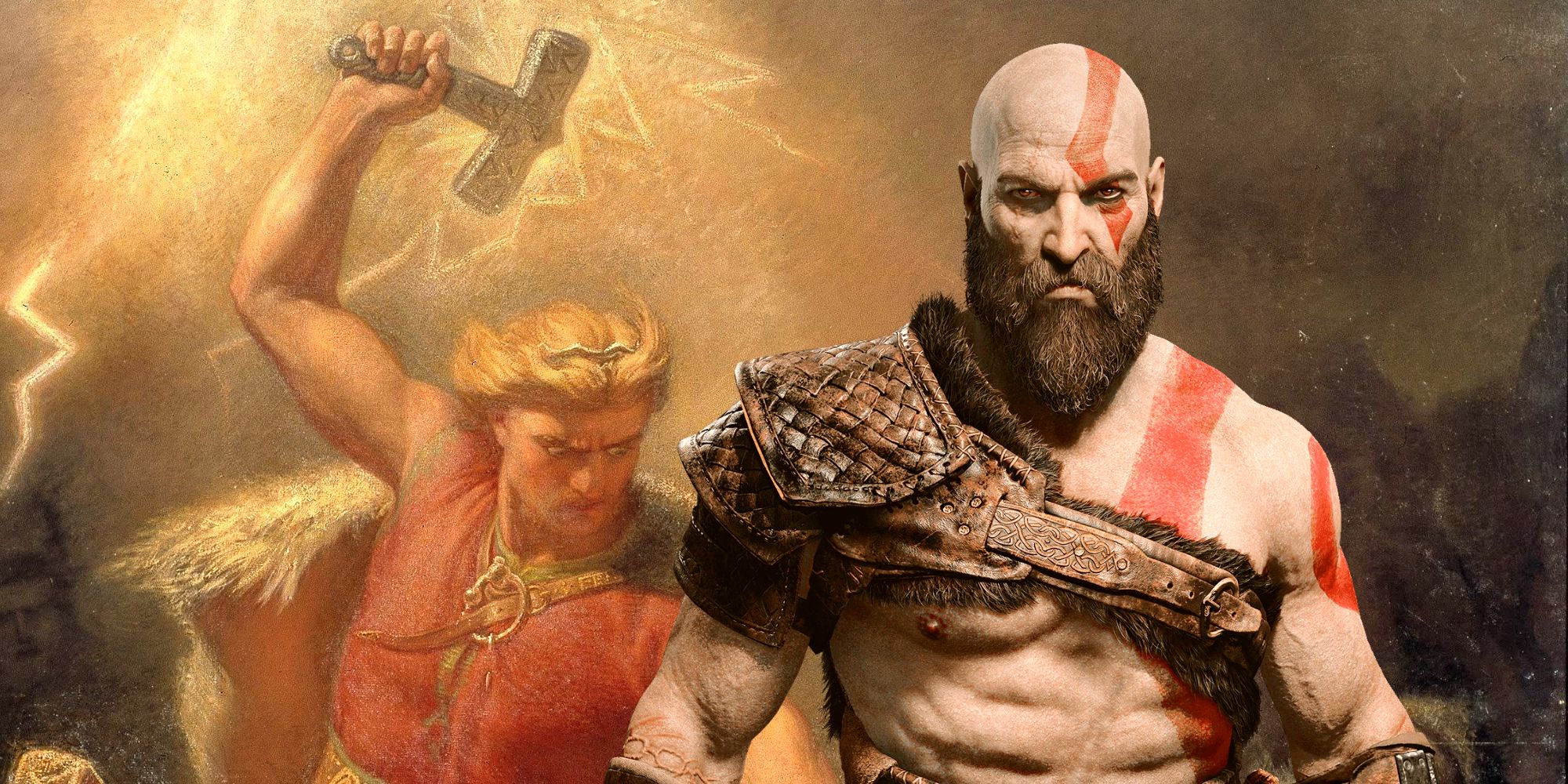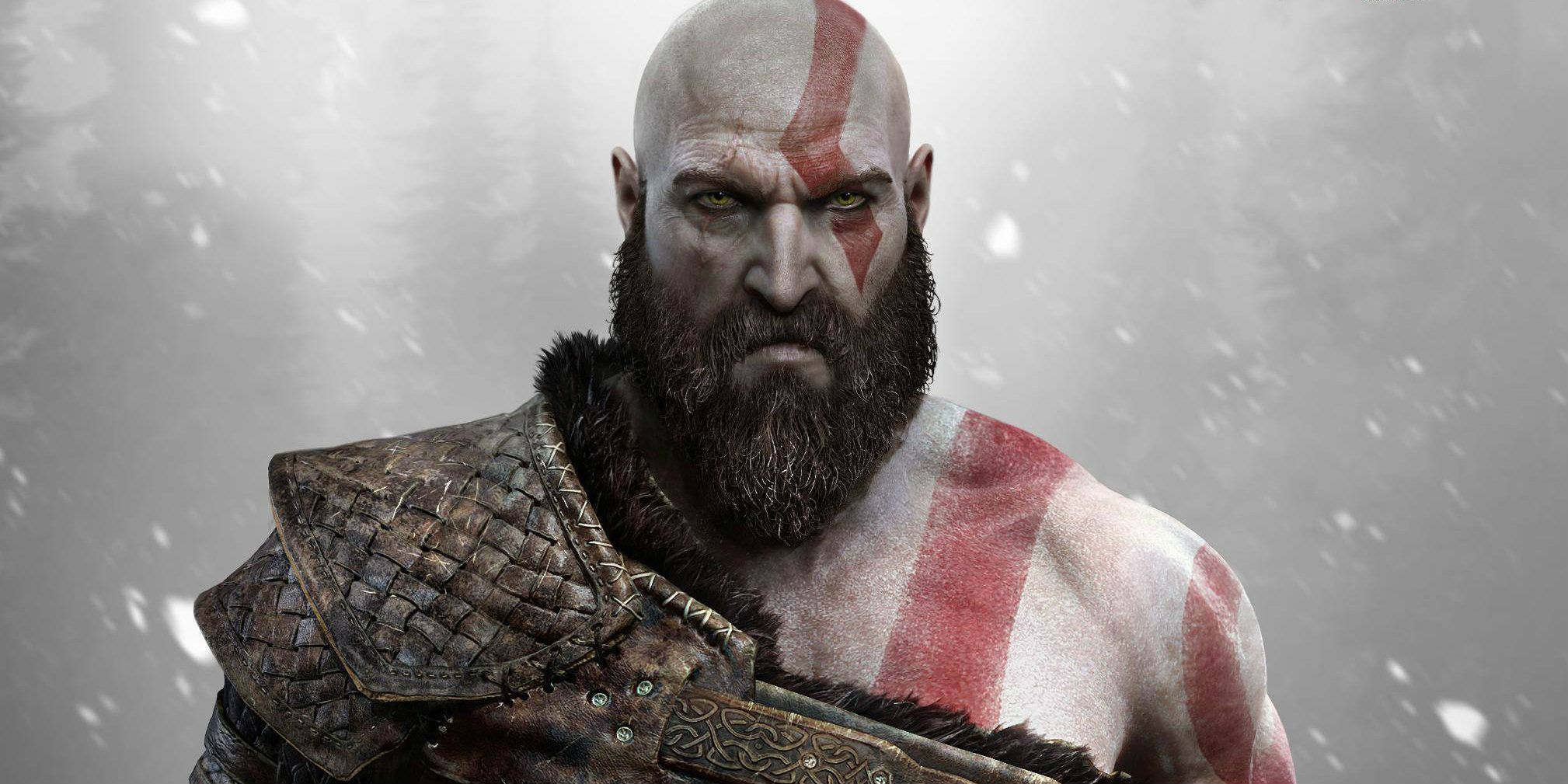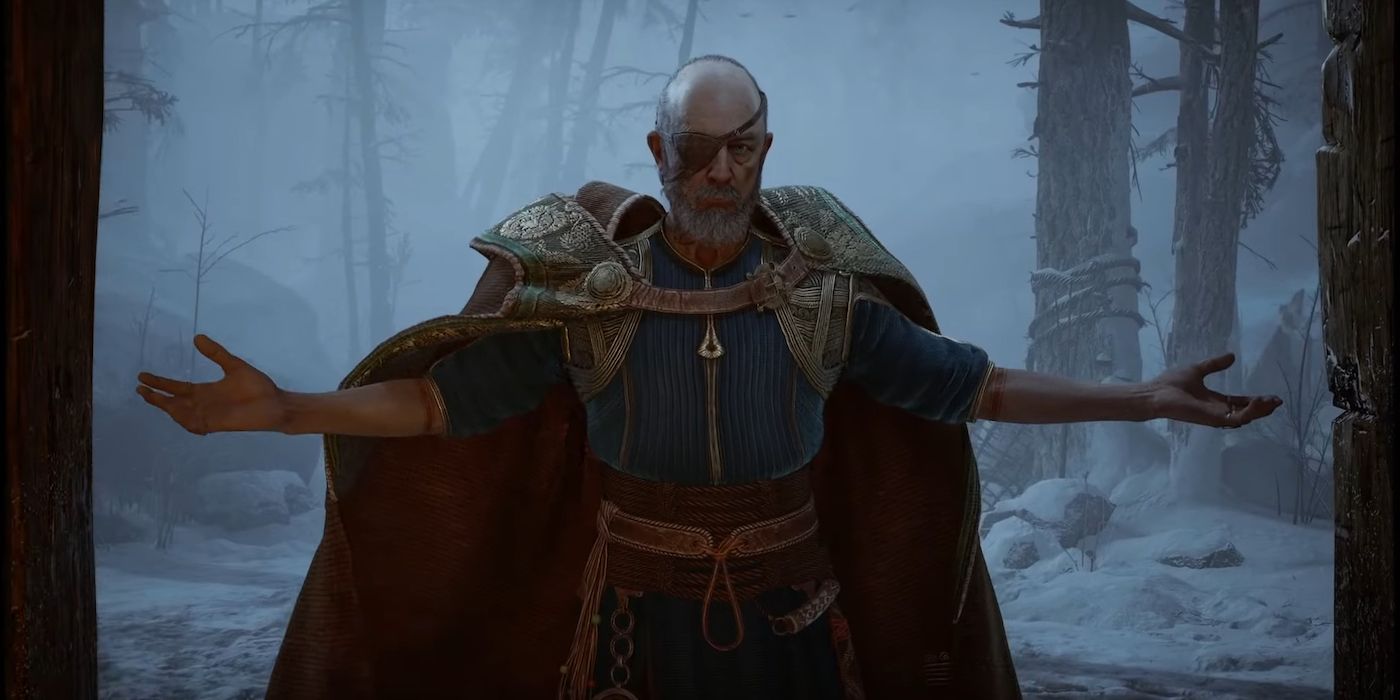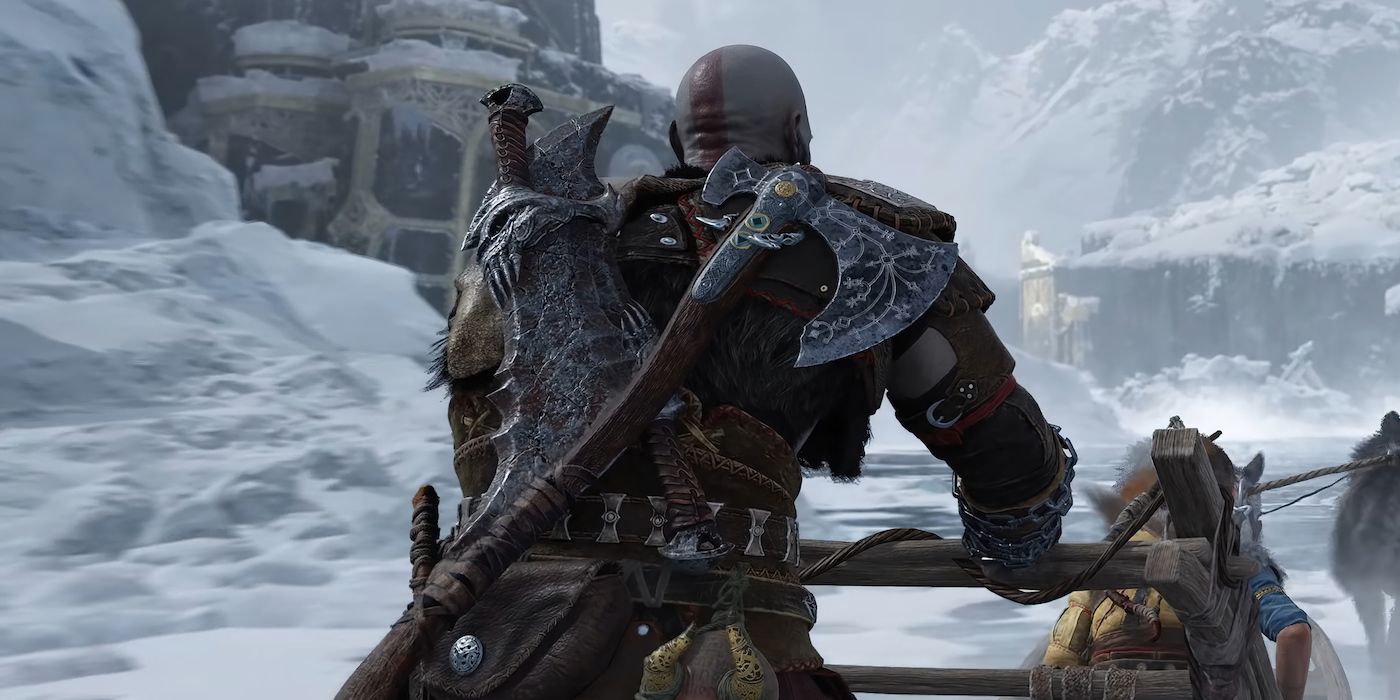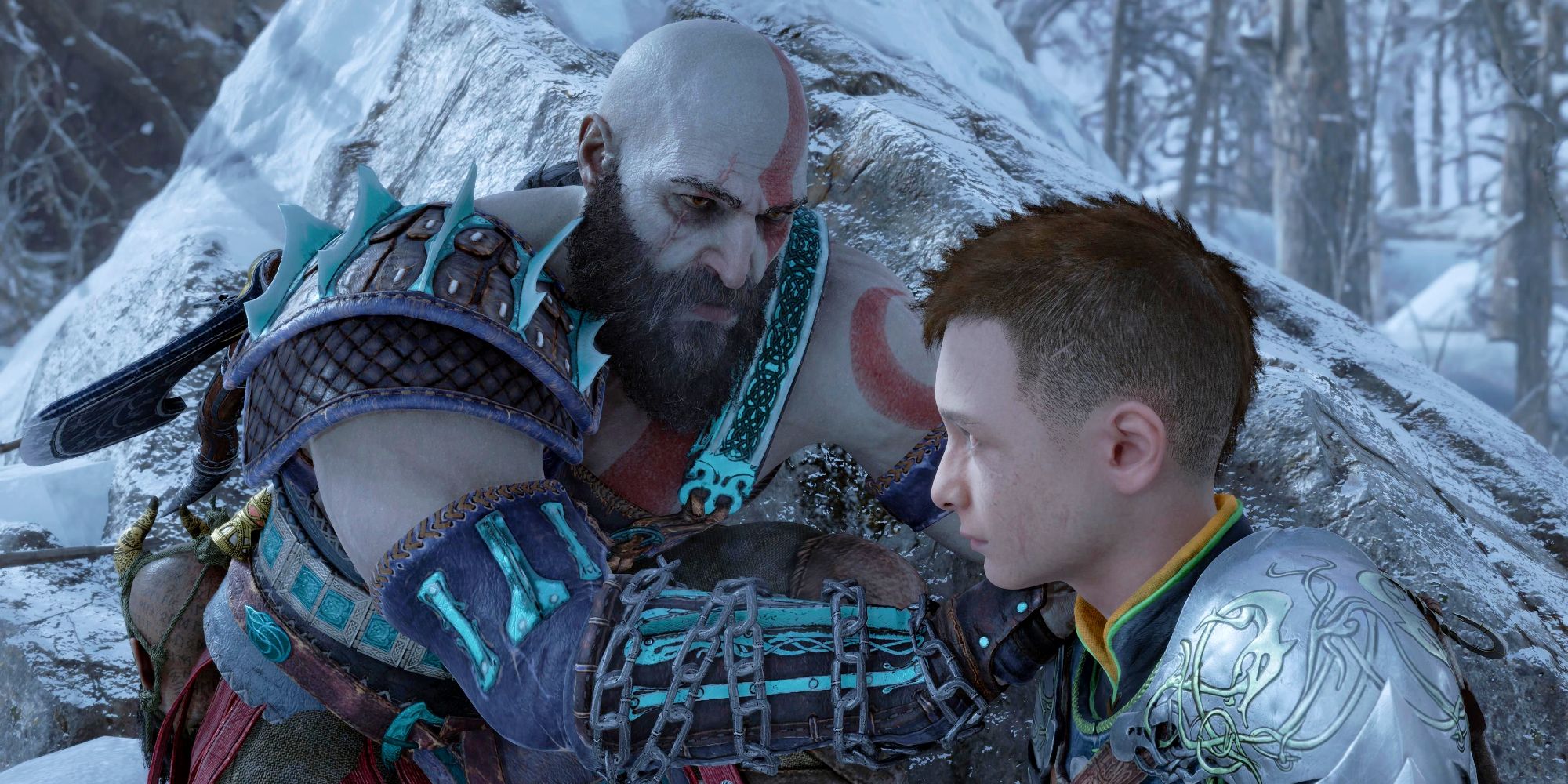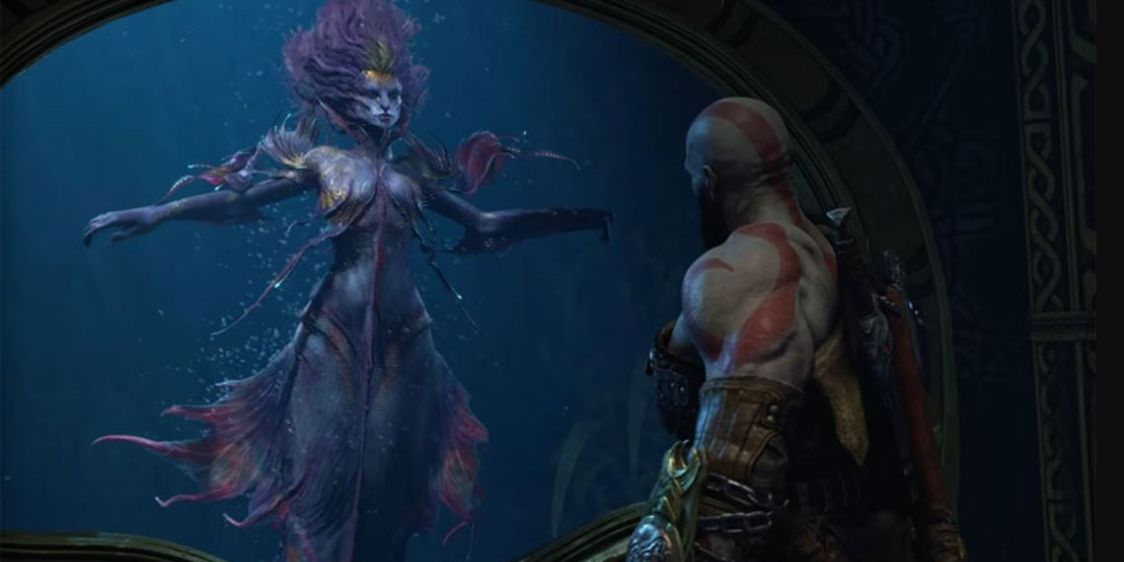Norse mythology is the obvious theme of God of War Ragnarok, but while sometimes it is pretty close to the legends, there have also been quite a few creative liberties taken within the story. Exploring the world of Norse mythology is a fascinating journey and naturally opens itself up to artistic interpretation as the actual folklore is largely known only because of two Medieval Icelandic works, the Poetic Edda and the Prose Edda. Kratos and Atreus' adventures have taken them through some epic tales intertwined with real myths and Ragnarok continues this theme. How much is historically accurate is interesting to see.
The God of War series has always been about re-imagining mythologies, and the Norse mythology in God of War Ragnarok is impressively presented with the way folklore tales and game stories are interwoven together. The picture it paints is surprisingly much closer to the actual Norse myths than most modern media even attempts to be. It can sometimes be difficult to tell where the writers have deviated from the accuracy obtained in readings of the Edda, the earliest known writing of Norse myths. In order to make a compelling and rational-sounding story that is interactive for players, the pieces of mythology presented must naturally have additions and alterations.
Ragnarök Applies Norse Mythology Through The Viewpoint Of An Imagined God
The main protagonist through the journey of God of War Ragnarok is named after the Greek personification of strength, Cratos. However, Cratos and Kratos are extremely different other than their names. Cratos was not a god and had no relation to Zeus. Kratos was not only a completely original character but almost had a completely different name in God of War entirely. There is no record of any story of a Greek god going on a rampage against the Norse deities, and Norse mythology already has its own God of War, Týr, which further proves that Kratos is the work of imagination rather than myth.
Odin Is Less 'Protector Of Heroes' And More 'Paranoid Villain' In GoW Ragnarök
In Norse mythology, Odin was the principal god of Scandinavian regions. He was as much a god of poets as a god of war and was known for his benevolence. Fallen warriors were welcomed into Valhalla by Odin, as he proclaimed himself the protector of heroes. Odin was known as the All-Father as he was the father of the gods. Particularly he was the father of Týr, Thor, Baldur, Heimdall, and many more. In God of War Ragnarok, Odin seems to have a different feel. This Odin does appear to share many physical traits with the mythological version, as a Norse myth expert who analyzed Ragnarok's Odin confirmed he appeared to have the look of the All-Father's wanderer guise and missing eye. However, this version of Odin is much less benevolent and more sinister and fond of torture.
Kratos Started Fimbulwinter 100 Years Sooner Than Prophesied
Fimbulwinter (also known by the Old Norse term Fimbulvetr) is the great prophesied winter that will engulf the world for three full years heralding the coming Ragnarok. This harsh winter period will have snow blowing in every direction, everything covered in thick frost, and travel will be impossible. Terrible natural disasters will be near constant and the human race will be at war, brother against brother. Near the end of 2018's God of War, Mimir mentioned to Kratos that Fimbulwinter should have been 100 years in the future, if Kratos had not done something to alter their reality.
Loki's Lineage And Upbringing Is Vastly Different In God of War Ragnarök
In true Norse mythology, Loki's origins are a bit mysterious. Yet, God of War's Loki is quite different from any of the tales from history. As mentioned above, Kratos was not a real figure in mythology, yet he is the father of Atreus who was revealed in the 2018 God of War to be Loki. Obviously, as an imagined character, Kratos was not the father to Loki in myth. Rather, Loki of Norse mythology was thought to be the son of a Jötunn named Fárbauti.
The name of Atreus/Loki's mother, Laufey, is the same between both the video game and mythology. Nevertheless, her character underwent some modifications when being brought into the digital world. Laufey of God of War appears to have been given the Jötunn styling of Loki's mythological father rather than having the goddess background that she rightfully should have had. While this was most likely done so that Kratos could pass on the divine nature to Atreus, it is quite the swap for Laufey.
Atreus wants to learn about Loki's prophecy after the name is found in a cave painting of Kratos and Loki and is then revealed to be his own. Because of this, naturally, the God of War Loki needs to work to discover who he is and what he can become. Meanwhile, the Norse mythological Loki never had any doubts as to who he was. While little information is provided about his upbringing, it is assumed that he knew all along that he held the divine powers of a god and enjoyed using them to play tricks on others.
Norse Mythology Doesn't Have Mermaids Like Those Shown In GoW Ragnarök
The mermaid that Kratos encounters in God of War Ragnarok is actually a character based on Norse mythology, Ran. Yet, while Ran of Norse mythology is a goddess who personifies the sea, she is not presented in myth as anything similar to a mermaid. While GoW doesn't need to settle for one mythology, it is confusing to portray her as a Greek or Roman mermaid. In the Norse myths, Ran married a Jötunn named Aegir and had nine daughters. She, and her daughters, use nets to capture and rob anyone venturing out onto the seas. Comparatively, in God of War Ragnarok, this mermaid is actually a blacksmith.
For a video game, God of War Ragnarok accomplishes an amazing feat in how much real Norse mythology is incorporated within the game quite accurately. In order to be an interactive video game with a fresh and compelling story, it is not possible to be one hundred percent accurate in every detail, and they have come quite close in many ways. The inaccuracies are generally understandable, and ultimately being able to journey with Kratos and Atreus on this adventure through the Norse mythological event of Ragnarok is well worth any deviation.

